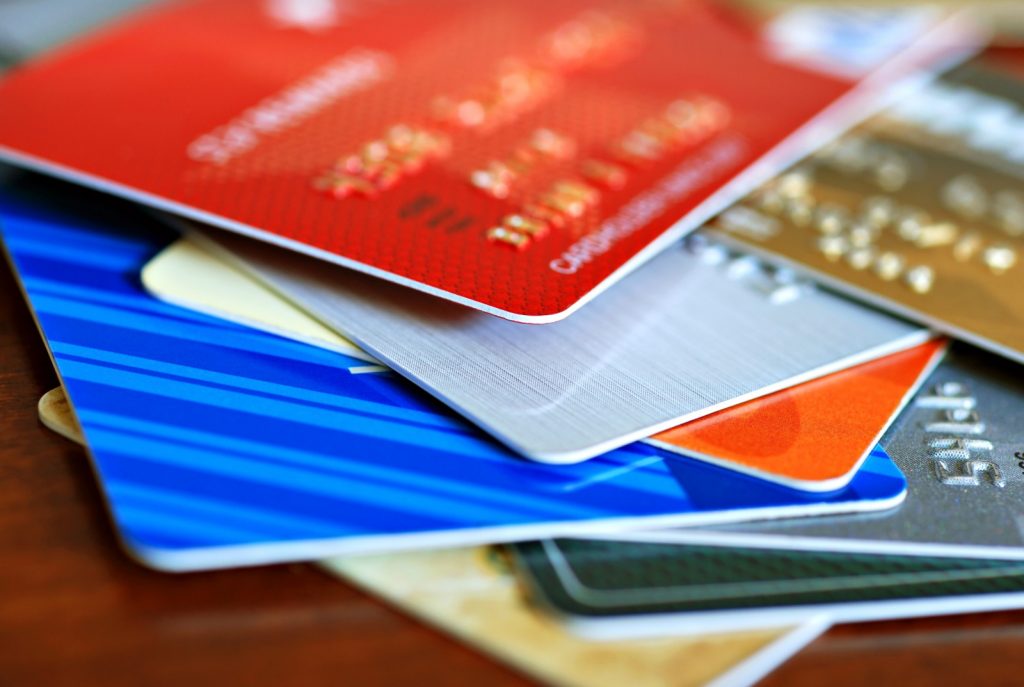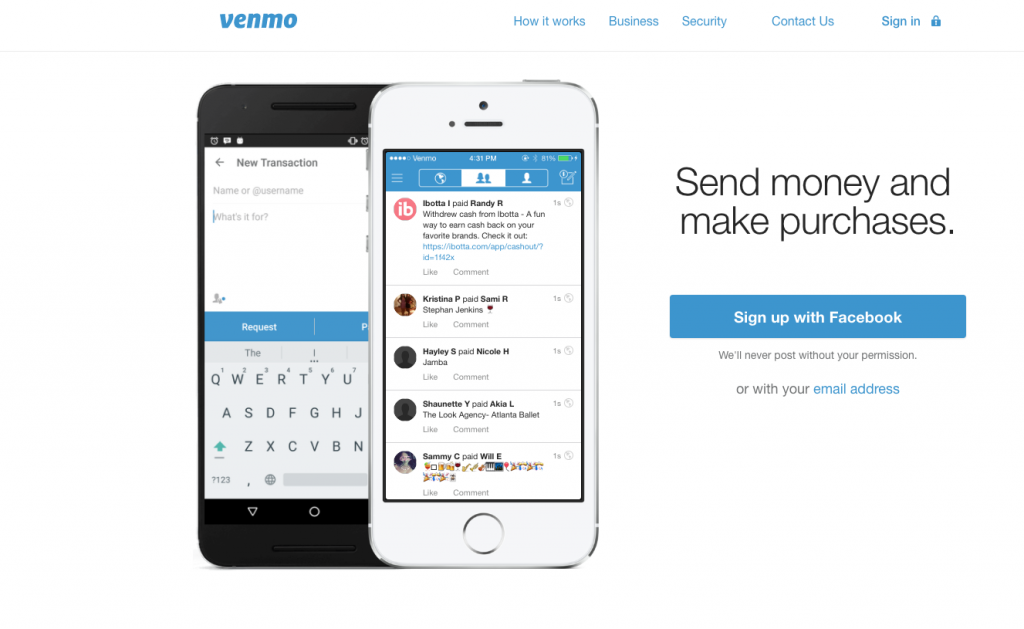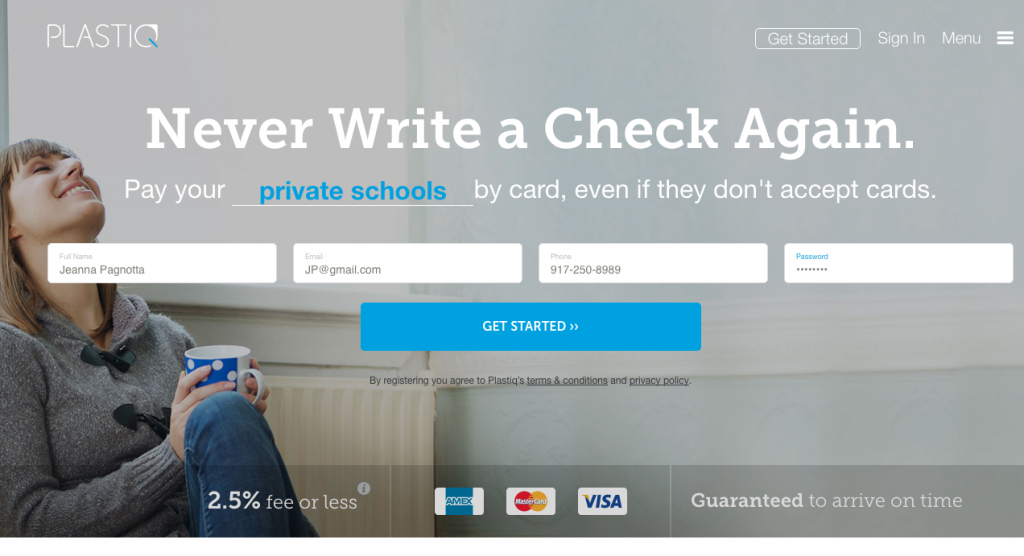
From utility and grocery bills to tuition and loan payments, in today’s digital age, people are increasingly using electronic and online payments for all of their bills. It only makes sense that this trend has extended into the world of real estate, with many renters opting to pay their rent through online channels. Here’s everything you need to know:
How to Pay Rent Electronically
There are three main ways to pay your rent electronically:
- Direct bank transfers
- Landlord-mediated payment platforms (also known as “merchant acquirers”)
- Third-party payment services (also known as “money transmitters’)
1. Direct bank transfers: One option for paying rent is to set up an electronic funds transfer directly from your bank account to your landlord’s bank account, or what is known as online bill pay. This is a free and easy solution. You can even set up a recurring payment so that the exact amount will be automatically transferred each month. If your landlord prefers to receive a paper check, most banks provide free bill pay services in which the bank issues a check directly to your landlord. All you need to do is enter your landlord’s name and address and indicate how often you would like the check to be sent. If you’re unsure whether your bank offers this service, check your bank’s website, stop in or call them.
What you should know: One drawback of this service is that you don’t have visibility in delivery confirmation and it can take upwards of 48 hours to 7 days to process, which could result in late-fee charges.
 2. Landlord-Mediated Payment Platforms: Many landlords use online property management portals like Appfolio, Buildium, or Quickbooks. These portals allow tenants to log in and pay their rent the same way they would pay a utility bill with their debit or credit card. Some tech-savvy landlords even allow tenants to pay their rent using popular rent payment solutions such as RentShare, Plastiq and RentMoola. These services run on a “merchant acquiring” model, which means they set up relationships with merchants (i.e., landlords and property managers) and then act as a middleman collecting requests for payments from your landlord or property manager and then transmit them to commercial banks (your credit card company – Visa, MasterCard, etc.), which then bills the cardholder (you, the tenant). Through these services, you can make secure payments directly from your bank account using ACH or debit/credit cards. Typically, payment fees from your debit card cost about the same as credit cards, but some go as low as 1-1.5 percent. Credit card fees vary from 2.5 to 5.0 percent (normally in the 3-3.5 percent range) and for services such as RentShare, Plastiq and RentMoola, the cost is 2.95 to 3.5 percent. So, if you are paying $2,500/month in rent, a 3 percent transaction fee would cost you $75 a month!
2. Landlord-Mediated Payment Platforms: Many landlords use online property management portals like Appfolio, Buildium, or Quickbooks. These portals allow tenants to log in and pay their rent the same way they would pay a utility bill with their debit or credit card. Some tech-savvy landlords even allow tenants to pay their rent using popular rent payment solutions such as RentShare, Plastiq and RentMoola. These services run on a “merchant acquiring” model, which means they set up relationships with merchants (i.e., landlords and property managers) and then act as a middleman collecting requests for payments from your landlord or property manager and then transmit them to commercial banks (your credit card company – Visa, MasterCard, etc.), which then bills the cardholder (you, the tenant). Through these services, you can make secure payments directly from your bank account using ACH or debit/credit cards. Typically, payment fees from your debit card cost about the same as credit cards, but some go as low as 1-1.5 percent. Credit card fees vary from 2.5 to 5.0 percent (normally in the 3-3.5 percent range) and for services such as RentShare, Plastiq and RentMoola, the cost is 2.95 to 3.5 percent. So, if you are paying $2,500/month in rent, a 3 percent transaction fee would cost you $75 a month!
What you should know: One big benefit of these services is that there is a guarantee of “the day of payment on click,” which means the payment is recorded that day; there are no processing delays, which could result in late fees from your landlord (anywhere from $150 to $250). This is different than “direct bank transfers” and “money transmitters,” which offer “estimated” delivery dates for funds. An additional note for renters: If your landlord or property manager is offering you a payment plan using a credit card that is charging 4-5 percent, that is too high and you should suggest they find a different solution.
3. Third-party Payment Services: If your landlord is not keen on receiving electronic payments, there are a number of rent payment services that allow tenants to pay their rent with a debit or credit card without any involvement from the landlord. In the industry, these types of services are called “money transmitters” and are essentially able to deliver payments to companies and people regardless of whether they have existing or prior relationships with them. Basically, you give your account information to the third-party service and they send a check to your landlord on your behalf. These companies typically charge a percentage-based processing fee that ranges from 2.5 to 3 percent. Some examples include PayPal, Venmo and SquareCash.
Note: These services are not widely used by landlords and property managers. Also, there are payment limits for both you and for your landlord for all services. For example, if PayPal already accepted payments from a few residents ahead of you this month, your attempt might get blocked. Also, you might hit the sending limits if you make big purchases online. Another complication is that these services require your landlord to request the payment be deposited to their bank account, which could result in delays and a risk for late fees. It’s smart to confirm receipt directly with your landlord if you choose this route.
Why Use an Online Rent Payment Service?
Save Time and Hassle: In today’s digital-centric world, it can be a hassle to write a check, find a stamp and envelope, and find a mailbox or visit the post office each month, especially when most of us are not in the habit of using snail mail on a regular basis. It can also be frustrating to wait days or weeks for your landlord to deposit the check. Paying your rent online with the click of a button presents a quick and easy way to pay and monitor your balance.
Avoid Late Fees: Remembering to pay your rent on time can be difficult, am I right? By setting up automatic payments through your bank, you’ll never pay a pesky late fee again. This is especially useful if you travel often or are generally a forgetful person. Paying by credit card can also buy you a bit more time to raise funds if you’ve had a particularly expensive month and don’t have the full amount available in your checking account when your rent is due.
Organization and Security: Online payment provides an accurate and easily accessible record of your spending. This is not only useful for personal budgeting, but can also serve as proof of payment in case of any legal matters down the line. For example, if you ever find yourself in a rent dispute with your landlord, you will have a paper trail of the exact dates and amount of payment. Further, online rent payments are easy to track and may be more secure than sending checks via snail mail.
Credit Card Rewards: Many credit cards offer cash back on all purchases or miles for airfare. Similarly, many new credit cards offer an introductory sign-up bonus when you spend a certain amount within the first 90 days. Using your rent to meet this bonus quota or to earn cash back is appealing since you’ll be spending this money anyway. Paying rent with your credit card is also a quick way to build or repair your credit score, as long as you are able to make your payments on time and in full.

Risks of Paying Rent Electronically
Fees: If you’re paying more in credit card processing fees and monthly interest than you are getting back in rewards, it’s not worth it to use your credit card. Make sure to do the research and the math before you choose this route.
Debt: If you are consistently charging rent to your credit card because you don’t have enough money in your bank account, you might find yourself racking up a lot of debt in a short amount of time. Only choose this option if you are confident that you will able to pay off your balance quickly and completely.
Credit score: Carrying a high balance and missing payments can lower your credit score and may get you into financial trouble. Make sure that you have a high enough credit limit and can afford to make regular payments. You don’t want to rack up a high bill and not have any available credit in the case of an emergency.
Security: Some third-party payment apps (Venmo, PayPal, and Square) have been criticized for inadequate protection of users’ personal information. If you choose this option, make sure to choose a secure and legitimate payment platform. Check out this helpful review of mobile payment apps for more information.
The Bottom Line
Online bill pay and automatic electronic transfers seem to be great options for making quick and easy rent payments and avoiding late fees. Since most payment platforms don’t charge a fee for debit transactions, there is no harm in asking your landlord about this option as an alternative to traditional rent checks.
Paying your rent by credit card makes less sense, since most credit card reward programs won’t offset the fees you’ll end up paying for a credit card transaction. This option may be best if you occasionally can’t meet your rent deadline and want to avoid even pricier late fees from the landlord. However, you must be disciplined about quickly paying off your balance when the funds become available to avoid jeopardizing your credit score, racking up debt, and ultimately paying much more in interest.
There is a whole community of online bill pay arbitrage that goes on. It involves a lot of complicated scheming, intense researching, poring over the fine print and a whole lot of time, dedication and financial maneuvering, all just to rack up points, miles and rewards. Among savvy arbitrageurs, Plastiq is most often referenced as the preferred online bill pay service given that they charge a 2.5 percent fee while competitors commonly charge 2.99 percent fees. There are discussion forums in which point-gamers boast of making thousands in returns based on a combination of the right credit card, finding loopholes and perfectly hitting that minimum spend. But, to see that level of return takes more commitment than the average renter can afford.
Related:









